Global cities are expected to outpace average gross domestic product (GDP) over the next five years in their home country, says Schroders, a $467.7 billion asset manager. Together with Oxford Economics, they have selected 19 such “Winning Cities” that they expect to outperform their native countries in GDP growth from 2016 through 2020.
“These cities have all the ingredients to sustain growth: a broad economy, low supply, good infrastructure and excellent higher education,” noted Hugo Machin, co-head of Global Real Estate Securities for Schroders, during the manager's annual International Media Conference in London. “We do not see much supply in the markets we invest in, nor do we see tenant demand grinding to a halt. Moreover, we are convinced by the draw card of global cities which should ultimately benefit the companies we invest in.” The top 10 include:
London
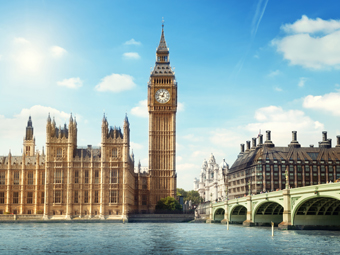 Expected to surpass the UK in GDP by a full percentage point, London benefits from eclectic housing, a creative labor pool with tech skills, world-renowned universities and a developing major Life Sciences hub.
Expected to surpass the UK in GDP by a full percentage point, London benefits from eclectic housing, a creative labor pool with tech skills, world-renowned universities and a developing major Life Sciences hub.
Stockholm
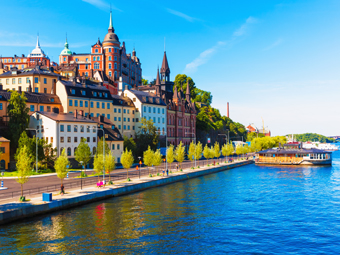 It is one of several cosmopolitan European cities whose commercial and residential property markets stand to benefit from Brexit.
It is one of several cosmopolitan European cities whose commercial and residential property markets stand to benefit from Brexit.
Copenhagen
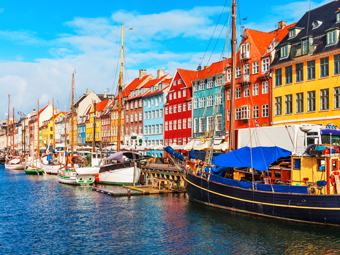 The “Happy City” with its historic 18th-century Rococo District and the Amalienborg Palace, home to Denmark's royal family, are emblematic of the authentic character investors are looking for in global cities.
The “Happy City” with its historic 18th-century Rococo District and the Amalienborg Palace, home to Denmark's royal family, are emblematic of the authentic character investors are looking for in global cities.
Madrid
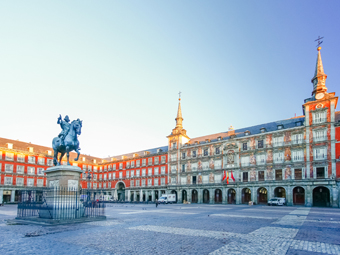 Spain's capital city satisfies the growing desire for personal development, cultural pursuits and quiet reflection with its sweeping parks paired with a 24-hour urban scene.
Spain's capital city satisfies the growing desire for personal development, cultural pursuits and quiet reflection with its sweeping parks paired with a 24-hour urban scene.
Barcelona
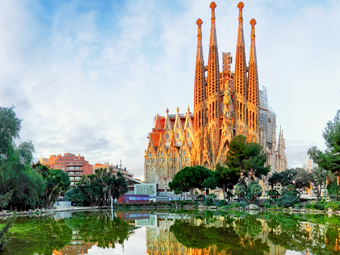 The heart of the Catalonia region is awash in the art of Gaudi, Picasso and Miro; a rich history; and the kinds of quirky traditions that draw people in numbers to support a broad economy.
The heart of the Catalonia region is awash in the art of Gaudi, Picasso and Miro; a rich history; and the kinds of quirky traditions that draw people in numbers to support a broad economy.
Oslo
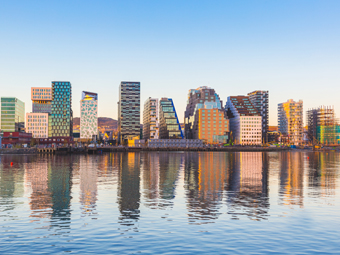 The city benefits from its country's heavy spending on education, training and research. (Finland is struggling to maintain such spending.) At 1.71 million, Oslo's population makes it the fastest-growing major city in Europe. Oslo has a sustainable commuting project underway to reduce carbon and traffic.
The city benefits from its country's heavy spending on education, training and research. (Finland is struggling to maintain such spending.) At 1.71 million, Oslo's population makes it the fastest-growing major city in Europe. Oslo has a sustainable commuting project underway to reduce carbon and traffic.
Helsinki
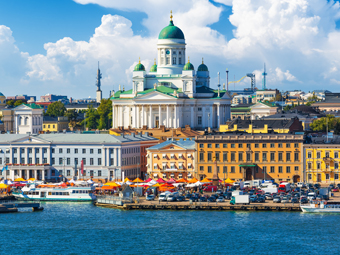 It accounts for a third of Finland's GDP, much of it drawn from service-related IT. A mixed bag: self-driving buses wind its streets while its council recently rejected an $85M outlay to build a new Guggenheim Museum. Helsinki could be this list's long shot.
It accounts for a third of Finland's GDP, much of it drawn from service-related IT. A mixed bag: self-driving buses wind its streets while its council recently rejected an $85M outlay to build a new Guggenheim Museum. Helsinki could be this list's long shot.
Munich
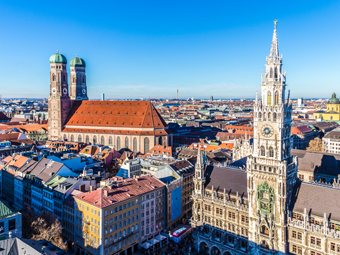 Munich is an international city with a vibrant expat community. Capital of the state of Bavaria, it is striving to keep pace with an influx of professionals by adding affordable lodging.
Munich is an international city with a vibrant expat community. Capital of the state of Bavaria, it is striving to keep pace with an influx of professionals by adding affordable lodging.
Berlin
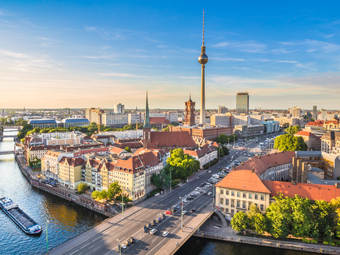 It is one of the “Creative Cities.” It launched its Cultural Economy Initiative in 2004 combining businesses, networks, institutions and political parties, which speaks well for its foresight.
It is one of the “Creative Cities.” It launched its Cultural Economy Initiative in 2004 combining businesses, networks, institutions and political parties, which speaks well for its foresight.
Hamburg
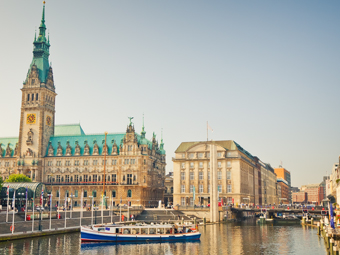 Home to North Germany's largest research and education institution, the University of Hamburg, the city fulfills criteria for access to cultural and research centers and a highly skilled labor force.
Home to North Germany's largest research and education institution, the University of Hamburg, the city fulfills criteria for access to cultural and research centers and a highly skilled labor force.